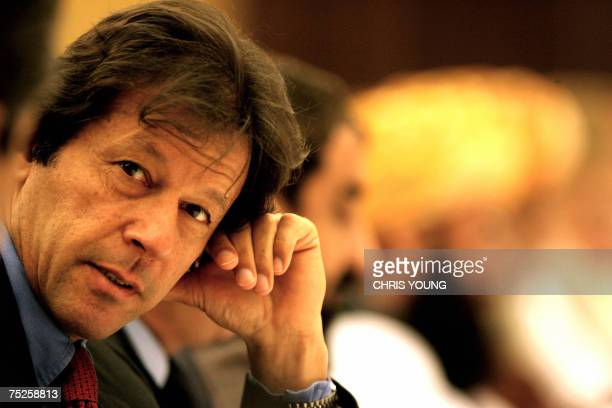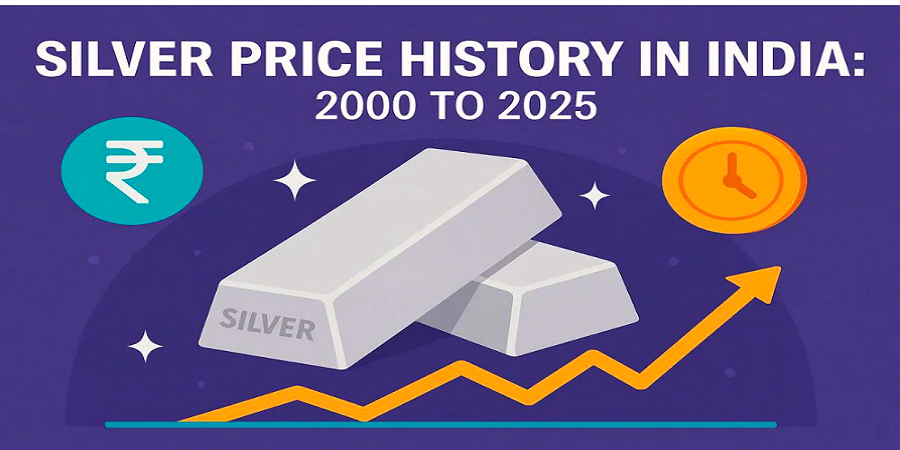Imran Khan, the former Prime Minister of Pakistan, faces an uphill battle trying to win an election from jail. While he is ineligible to run himself due to a recent conviction, his party, Pakistan Tehreek-e-Insaf (PTI), is actively campaigning for him and exploring various strategies to secure his influence in the upcoming February 8th elections. Here’s a breakdown of his plans and the challenges he faces:
Strategies:

- Capitalizing on Sympathy: Khan portrays himself as a victim of political persecution and his imprisonment as an attempt to silence him. Supporters are encouraged to vote for PTI candidates as a way to stand with him and his vision.
- Leveraging Social Media: The PTI employs AI-generated voice messages and video content featuring Khan, creating a virtual presence on platforms like TikTok to garner support.
- Focusing on Local Candidates: The party emphasizes strong local candidates with clean records, hoping they can build momentum and benefit from Khan’s popularity.
- Mobilizing Grassroots Network: PTI’s extensive volunteer network is crucial for campaigning, mobilizing voters, and countering negative narratives.
- Highlighting Anti-Establishment Narrative: Khan taps into public discontent with traditional power structures, portraying himself as an outsider fighting for change.
Challenges:
- Legal Hurdles: Khan’s disqualification and ongoing appeals create uncertainty about his potential role even if PTI wins the election.
- Internal Divisions: Recent party defections and leadership disputes could weaken its unity and campaign effectiveness.
- Economic Struggles: The current economic hardships might overshadow Khan’s message, benefiting established parties that promise stability.
- Military Influence: The powerful Pakistani military’s perceived influence in the political process could undermine Khan’s claims of fair elections.
- Counter-Narratives: Opponents portray Khan as corrupt and divisive, potentially swaying voters, especially moderates and undecided demographics.
Outcomes:
The success of Khan’s “jailhouse election” campaign remains uncertain. While his popularity and party machinery are formidable, legal hurdles, internal divisions, and external factors pose significant challenges. The February 8th elections will reveal the effectiveness of his strategies and the wider public sentiment towards his leadership.
Remember, this is a complex and evolving situation with different perspectives and interpretations. It’s crucial to consider various sources and viewpoints before forming your own conclusions.









